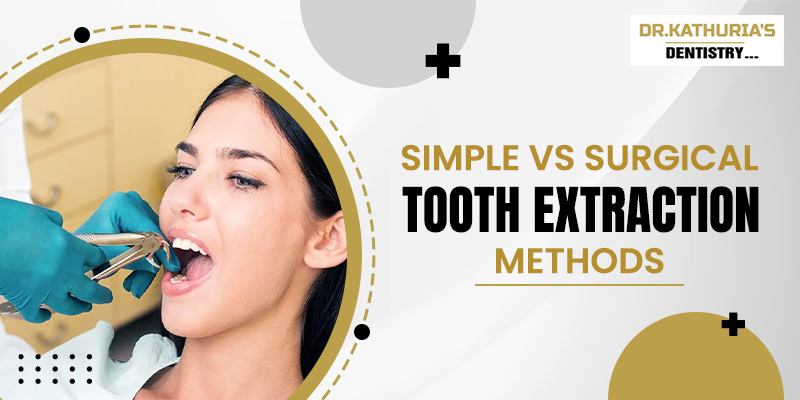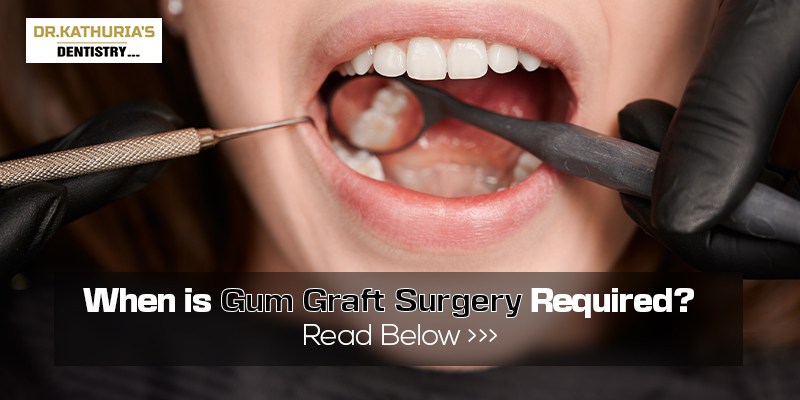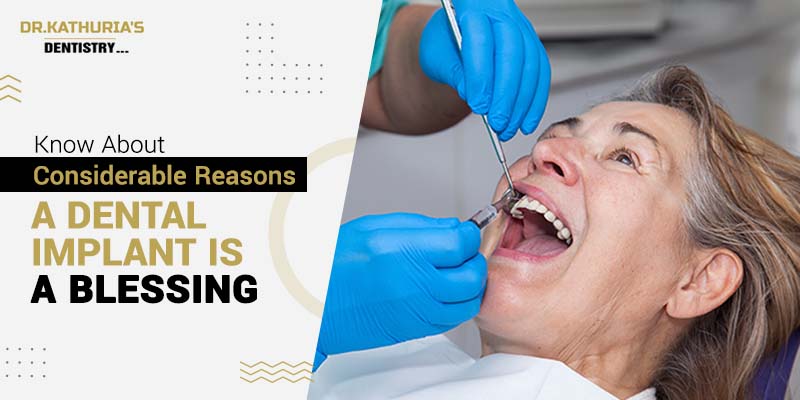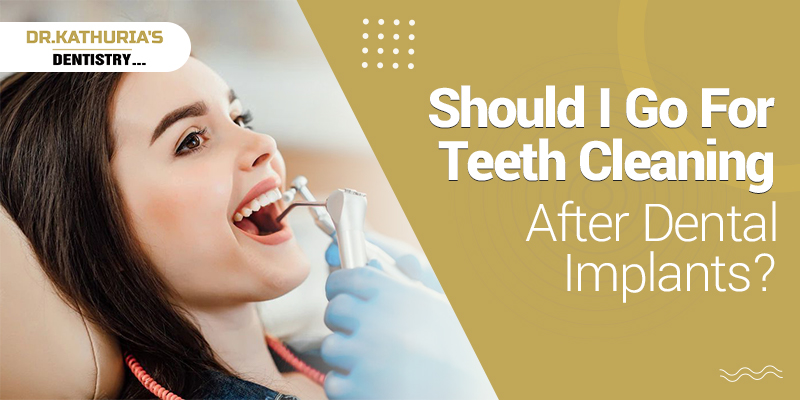There is a common notion among the masses that tooth extractions can be quite difficult. Most people think that it brings enormous pain and discomfort. This is why it might not even come as a surprise that everyone tries to avoid extraction procedures as much as possible. But in many cases, tooth extraction is the only resort one can turn to due to irreversible tooth damage and decay.
Dental practitioners conduct this procedure to preserve oral health and salvage the remaining teeth. Contrary to popular belief, it is often a rapid and safe process when carried out appropriately. So, if you think that your teeth cannot be saved, it may be time for extraction. With the right experts, you don’t have to worry about tooth extraction. With varying types of tooth extraction procedures and advancing technologies, you can rest assured about your oral health and damaged teeth.
In this blog, we will cover the two types of tooth extractions, which will help you understand the difference between both and help you make a better choice.
Simple Extractions
Simple extractions are very easy treatments that your dentist can complete in the clinic with little to no significant healing time. Your dentist will use an elevator to help extract the tooth from its socket after completely numbing the surrounding area. This kind of extraction is performed on teeth that are no longer protected by the gums and are exposed in the mouth.
Simple extractions enable you to get rid of one or more teeth at once. Your dentist will use forceps to extract the tooth once it has thoroughly loosened. In order to heal properly, you will be required to make some dietary adjustments, but only for a few days.
Surgical Tooth Extraction
To guarantee that the tooth is extracted or treated with the utmost level of expertise, a dentist will recommend the patient get an Oral & Maxillofacial Surgery (OMS). Depending upon the severity of the damage, it can be determined whether the teeth shall be removed completely or partially. In the OMS clinic, surgical tooth extractions can take place while the patient is sedated or under anaesthetic. The following variables will affect how long the procedure takes to complete:
- Bone thickness surrounding the tooth
- The tooth’s location
- The root’s length and curve (s)
- The physical state of the patient
An incision is necessary to remove a tooth covered by gum tissue. The surgeon will also remove bone if it partially covers the tooth to fully expose and extract it. Sutures may be used to speed up healing if an incision is necessary.
In order to prevent bone loss and enhance functioning, dental implants in south delhi are advised for the replacement of extracted teeth, with the exception of wisdom teeth. The first step toward better dental health is simply surgical tooth extraction.
So, whether you’re looking for the best dental implant surgeon in Delhi or have a question about extraction, schedule an appointment with our dentist by giving us a call. We at Dr Kathuria’s Dentistry are known for offering world-class dental treatment.best dental implant surgeon in delhi
 Australia No
Australia No Canada No
Canada No India Toll Free No
India Toll Free No UK No
UK No USA No
USA No












